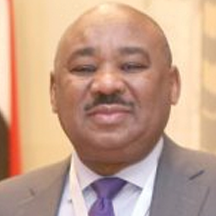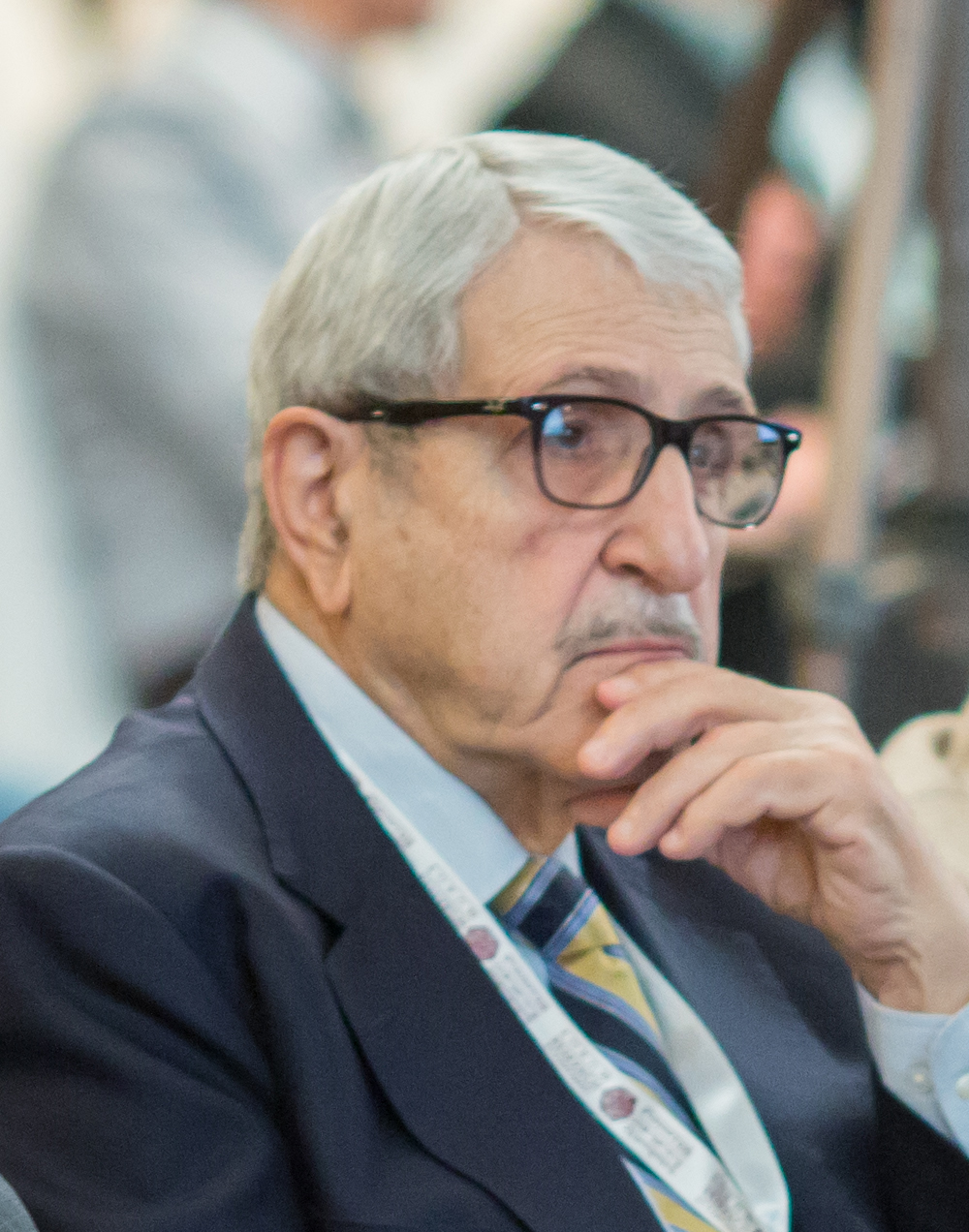In a nutshell
The GCC countries have managed to maintain political and economic stability, and some have achieved transformations towards more diversified and sophisticated economic structures.
They now face great challenges emanating not only from the expected future persistence of a lower oil price equilibrium but also from growing popular demands in the region for political change in the direction of democratic governance.
The fundamental question is whether the GCC countries are capable of initiating the required change in their political and economic model.
The six member countries of the Gulf Cooperation Council (GCC) have been able to sustain fast growth for over 30 years, since the start of the oil price boom of the mid-1970s. Although growth has, of course, been volatile, following the various oil cycles, it continued to rise or remained stable at high rates throughout the period.
Some GCC countries – such as the United Arab Emirates, and most notably the sub-economy of the Emirate of Dubai – have managed to achieve economic transformations towards more diversified and sophisticated economic structures.
Moreover, the GCC monarchies have been able to avoid civil wars and maintain civil peace. They have also presided over a somewhat functioning social contract that helped them to fend off the fallout from the Arab Spring, which swept across several major countries in their neighbourhood.
At the other extreme, the populous oil Arab economies have experienced the ‘resource curse’ big time: a disappointing growth record; limited economic diversification; depleted physical and soft infrastructures; massive unemployment, especially among youth; political instability; and even civil wars.
In terms of policies and economic institutions, the contrast between the two groups is equally stark. The GCC countries have been able to maintain macroeconomic stability through a credible de facto institutional exchange rate peg regime, supported by massive foreign account surpluses in the form of reserves accumulation and sovereign wealth funds.
Moreover, the deep fiscal pockets of the GCC countries allow fiscal stabilisation against the oil market shocks, most notably ensuring uninterrupted large fiscal outlays for financing infrastructure development and other social sector programmes, as well as expansion of public sector employment for nationals.
Open trade, capital accounts and labour market policies have also provided a good measure of macroeconomic competitiveness to the GCC economies; hence, moderating the adverse consequences of the rigidity of the exchange rate regime.
By contrast, the populous oil Arab economies have been plagued by intermittent bouts of inflationary spells, overvalued real exchange rates, fiscal dominance and less buoyant growth.
The received body of evidence suggests that the resource curse is a long-term phenomenon but that it is conditional on poor political governance. Empirical evidence shows that in resource economies lacking political inclusiveness and effective ‘checks and balances’ institutions, resource rents are likely to be a hindrance rather than a boon to growth.
Moreover, resource rents tend to have corrosive effects on the quality of economic and political institutions. In addition, the evidence from the empirical strand of research on civil wars finds that in the absence of political inclusiveness and accountability, the presence of resource rents increases the risks of conflicts for both ‘loot’ and ‘grievance’ motives.
But while research seems to account adequately for the poor management experiences of the populous oil Arab economies and most other resource abundant countries, it seems to provide little predictive power for the case of the GCC.
In fact it has shown that there is a small group of 12 exorbitantly high oil rent per capita countries that are mostly non-democratic, including the GCC, which seem to defy the fundamental tenets of the received body of evidence – that non-democratic governance affects growth negatively (Elbadawi, 2016).
In other words, there seems to be a resource rents threshold, beyond which countries might be able to achieve fast growth and civil peace as well as avoid revolt regardless of the prevailing standard in terms of accountable political institutions.
This finding lends support to the theory suggesting that high enough resource rents per capita could lead to a developmental, if non-democratic, political equilibrium, as demonstrated by the case of the GCC countries.
Their political and economic institutional set up might be described as a relatively advanced form of ‘limited access order’, where projection of organised violence is firmly under the incumbent authorities and rents distribution is governed by inter-personal networks, but where, at the same time, adjudication and settlement of disputes among the elites becoming increasingly formalised through courts and other arrangements.
Nonetheless, the 2008 global financial crisis and its aftermath have served as a wake-up call to governments and societies at large about the need to reconsider their growth models and their underlying social contract. It is now a widely held view, by academic researchers and business experts alike, that the price of oil will eventually be converging to a lower long-term trend, driven by the accelerating pace of technological advances in renewable energy as well as the shale oil and gas energy sources.
As far as the GCC countries are concerned, they will face great challenges emanating not only from the expected future persistence of a lower oil price equilibrium but also from growing popular demands in the region for political change in the direction of democratic governance, whatever the outcome, so far, of the Arab uprisings of 2011.
Thinking ahead, the fundamental question that needs to be addressed is whether or not the GCC countries are capable of initiating the required change in their political and economic model – and in either case, what would be the political and economic implications for the GCC in particular but also for the wider MENA region.
Further reading
Ali, Omer, and Ibrahim Elbadawi (2012) ‘The Political Economy of Public Sector Employment in Resource Dependent Countries’, ERF Working Paper No. 673.
Arezki, Rabah, and Akito Matsumoto (2018) Shifting Commodity Markets in a Globalized World, International Monetary Fund.
Bodea, Cristina, and Ibrahim Elbadawi (2007) ‘Riots, Coups and Civil War: Revisiting the Greed and Grievance Debate’, World Bank Policy Research Working Paper No. 4397.
Collier, Paul and Benedikt Goderis (2009) ‘Commodity Prices, Growth and the Natural Resource Curse: Reconciling a Conundrum’, Centre for the Study of African Economies Working Paper No. 2007-15.
Fearon, James (2005) ‘Primary Commodity Exports and Civil War’, Journal of Conflict Resolution 49: 483-507.
Elbadawi, Ibrahim (2016) ‘Thresholds Matters: Resource Abundance, Development and Democratic Transitions in the Arab World’, in Ishac Diwan and Ahmed Galal (eds) The Middle East in Times of Transitions, Palgrave McMillan.
Elbadawi, Ibrahim, Mohamed Goaid and Moez Ben Taher (2017) ‘Threshold Effects of Fiscal-Monetary Interdependence and Exchange Rate Regimes in Oil-dependent Arab Economies,’ unpublished mimeo, ERF.
Elbadawi, Ibrahim, and Samir Makdisi (eds) (2011) Democracy in the Arab World: Explaining the Deficit, Routledge.
Elbadawi, Ibrahim, Samir Makdisi and Gary Milante (2011) ‘Explaining the Arab Democracy Deficit’, in Ibrahim Elbadawi and Samir Makdisi (eds) Democracy in the Arab World: Explaining the Deficit, Routledge.
Elbadawi, Ibrahim, and Raimundo Soto (2012) ‘Sources of Economic Growth and Development Strategy in Dubai’, in Ibrahim Elbadawi and Ali Alsadik (eds) The Global Economic Crisis and Implications for Dubai Strategy for Economic Development, Palgrave MacMillan.
Esfahani, Hadi, and Esra Ceviker Gurakar (2014) ‘Social Order, Rents, And Economic Development in Iran Since the Early 20th Century’, ERF Working Paper No. 850.
Hodler, Roland (2006) ‘The Curse of Natural Resources in Fractionalized Countries’, European Economic Review 50: 1367-86.
North, Douglass, John Wallis and Barry Weingast (2009) Violence and Social Orders: A Conceptual Framework for Interpreting Recorded Human History, Cambridge University Press.
Ross, Michael (2009) ‘Oil and Democracy Revisited’, unpublished mimeo, UCLA Department of Political Science.
Soto, Raimundo, and Ilham Haouas (2012) ’Has the UAE Escaped the Oil Curse?’, ERF Working Paper No 728.



